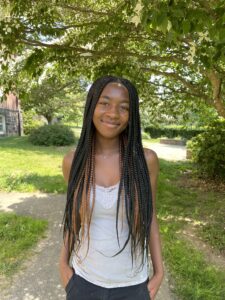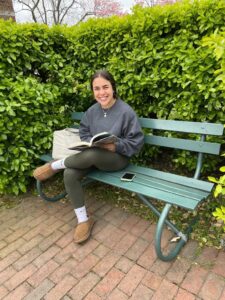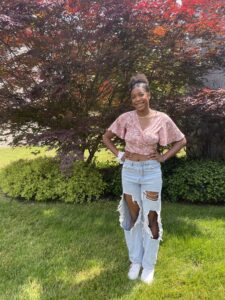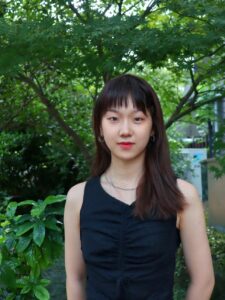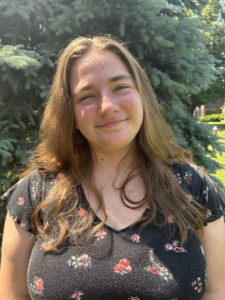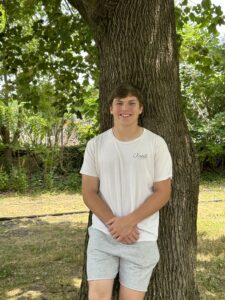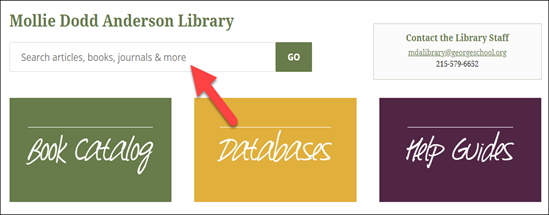The IB Global Politics class is largely a political theory course that explores topics related to power and sovereignty, development, human rights, and peace and concept. Throughout the year students learn about each of these topics and the realism, liberalism, and critical theory frameworks that help shape our understanding of how our political systems work and why political actors behave the way they do.
The subject matter can be difficult, largely because it can be so abstract. Students can easily learn the definition of terms like “sovereignty,” but developing a nuanced understanding of what that looks like in practice is a challenge. The IB has addressed this with their political engagement activity, the internally assessed major research project of the course. In this project, students pose a question about a political issue of interest to them and then learn about it through a combination of direct personal experience and academic research. A sample project might be an exploration of “how effective are non-state actors at reducing the impact of climate change?” and to learn about this, students might organize a local climate protest, interview a politician or NGO staff member, and conduct a poll of their community members about consumption behaviors and sustainable initiatives. This project strives to help students experience political systems directly, so their learning is personal and not just academic in nature.
In this spirit, it’s important to me to make sure I also offer students examples of the personal impact of our political systems. A topic important to me as an individual is the global refugee crisis, and accordingly, I often teach a unit on some of the major conflicts that have led to this crisis (for example the Syrian Civil War and the wars in the Democratic Republic of Congo), as well as EU policy, like the Dublin Agreement, and its impact on the asylum-seeking process. But no matter how detailed I am in my presentation of facts and policies, it takes personal stories to really bring politics to life.
This year my class had the pleasure of speaking with Kayra Martinez, director of Love Without Borders for Refugees in Need, and Neba Ngwa Afanwi, a refugee from Cameroon who sought asylum in Greece. Neba shared his story of false imprisonment and torture amidst the Anglophone Crisis in Cameroon, his journey to Turkey and then Greece, and his experience navigating the complex asylum-seeking process in the EU. Kayra shared her stories of her organization’s work and the challenges of providing aid for those most vulnerable.
Much of what we heard corroborated what students had already learned—that despite the fact that the right to asylum is a universal human right, the asylum-seeking process is incredibly difficulty to manage for a multitude of reasons: the actual voyage to another county can be dangerous, the onus is on the individual to prove their life is in danger, there are limited resources to provide refugees food and shelter while they wait (sometimes for years) for legal support, and states often prioritize their own sovereignty and stability over the care for human rights. But it is hits students differently when they meet firsthand someone who can speak to this experience, who can share personal stories of fear and pain, and also success and pride.
Many of my students described this experience as “moving.” While it was sobering to hear about one individual’s struggle and pain, it was also inspiring to hear about what can be done and what our duty is to one another. Neba, after securing asylum in Greece, now volunteers to support other refugees in Greece by creating a community, facilitating the distribution of aid, and leading art workshops to help fellow refugees who can use art as both a tool for expression as well as for economic empowerment.
Neba’s story is indeed moving, and what moved my students most was not simply to see the traumatic impact of our global political systems, but also to hear how Kayra’s and Neba’s work has made an impact. These individuals most certainly “Let their lives speak,” and in sharing their stories, they have demonstrated to my students that all individuals, while affected by our political systems, also have the capacity to change and shape them. These stories demonstrate for my students that politics is not something that happens to them, but is a complex network of systems of which they are an active and integral part. Politics is indeed personal, and it is my hope that their learning isn’t just relegated to complex terms and theories, but the idea that politics requires their participation and their passion.
In addition to her other roles on campus, Meredith sponsors the Amnesty club. She has a BA from Connecticut College and an MA from New York University. When she isn’t taking care of her children, she loves cooking and travel.

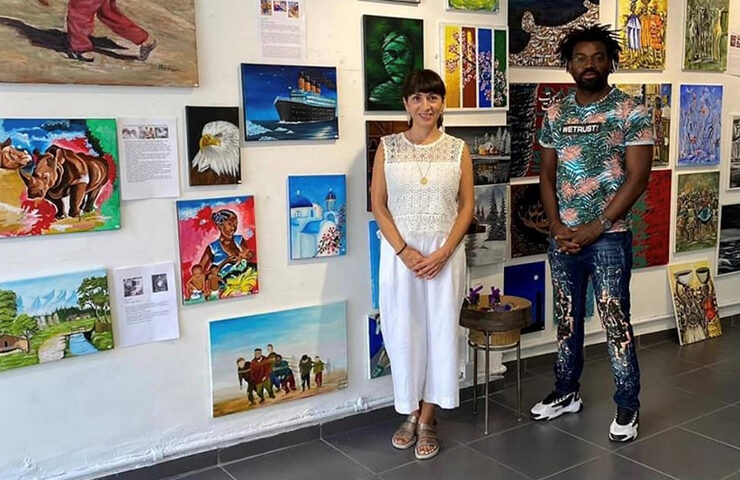
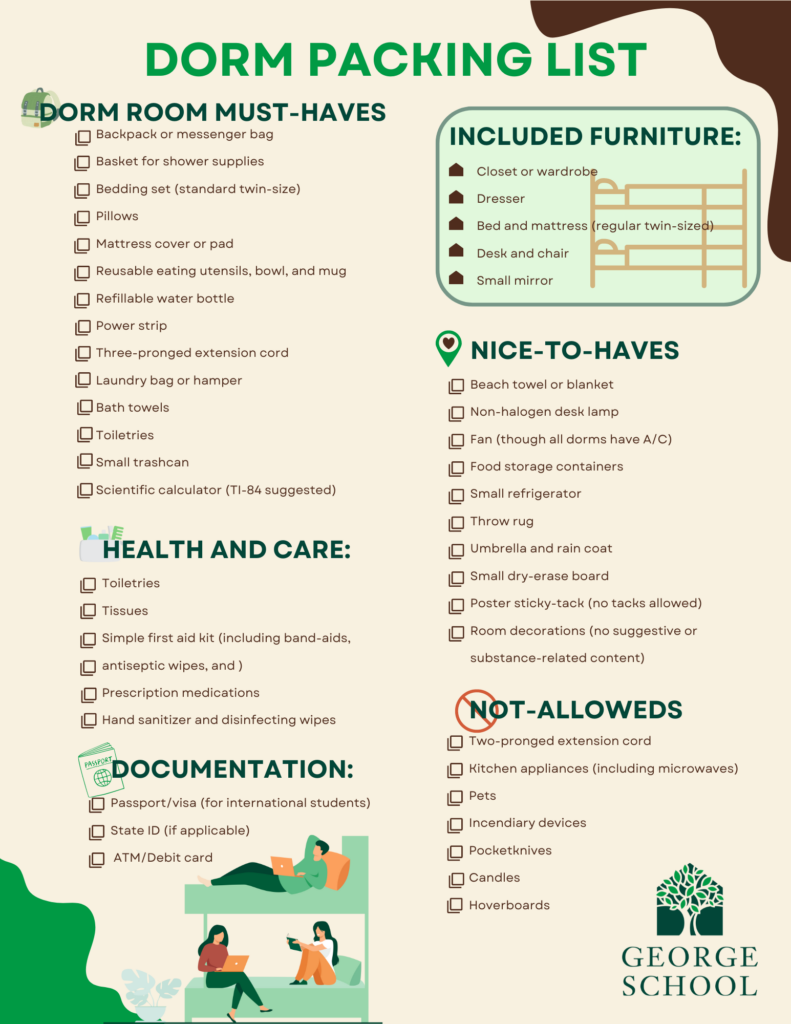
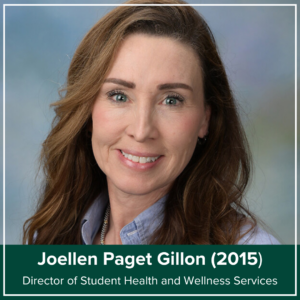 Joellen Paget Gillon (2015)
Joellen Paget Gillon (2015)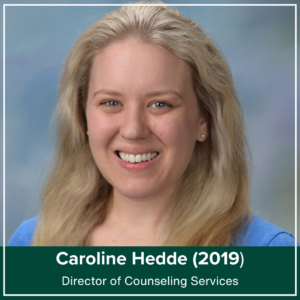 Caroline Hedde (2019)
Caroline Hedde (2019)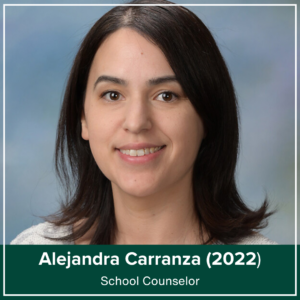 Alejandra Carranza (2022)
Alejandra Carranza (2022)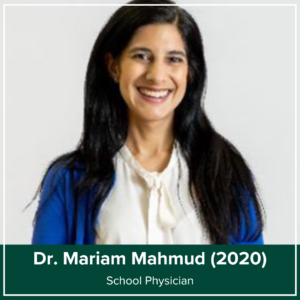 Dr. Mariam Mahmud (2020)
Dr. Mariam Mahmud (2020)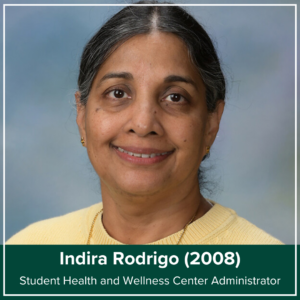 Indira Rodrigo (2008)
Indira Rodrigo (2008)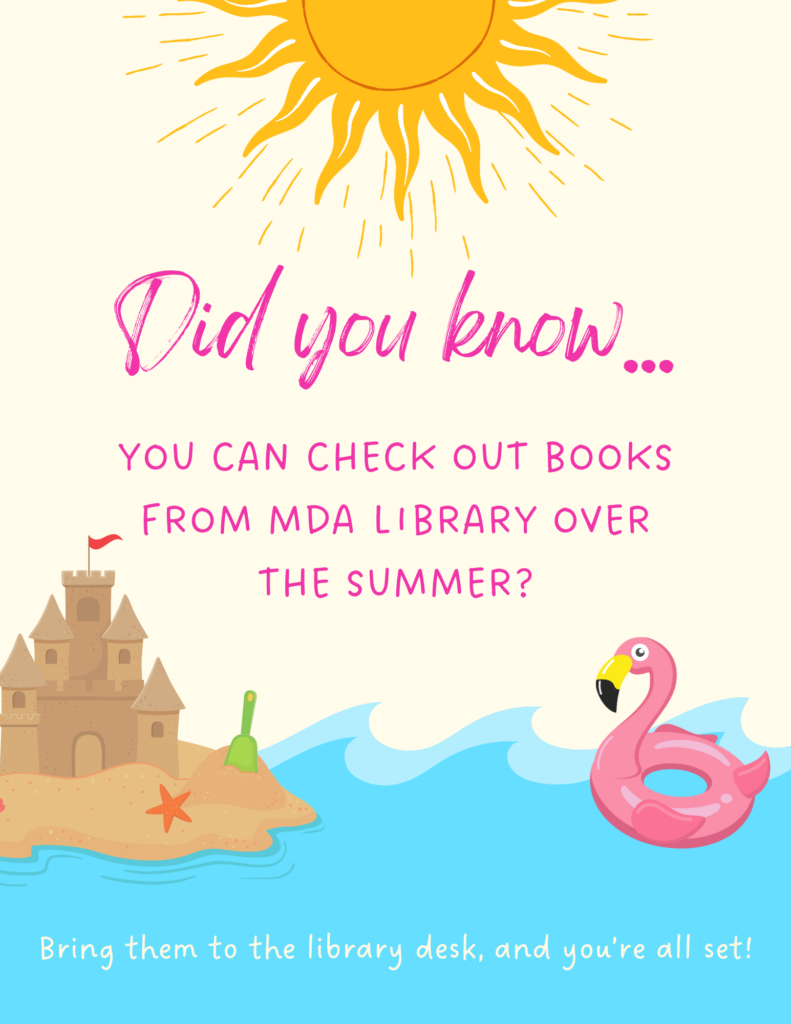
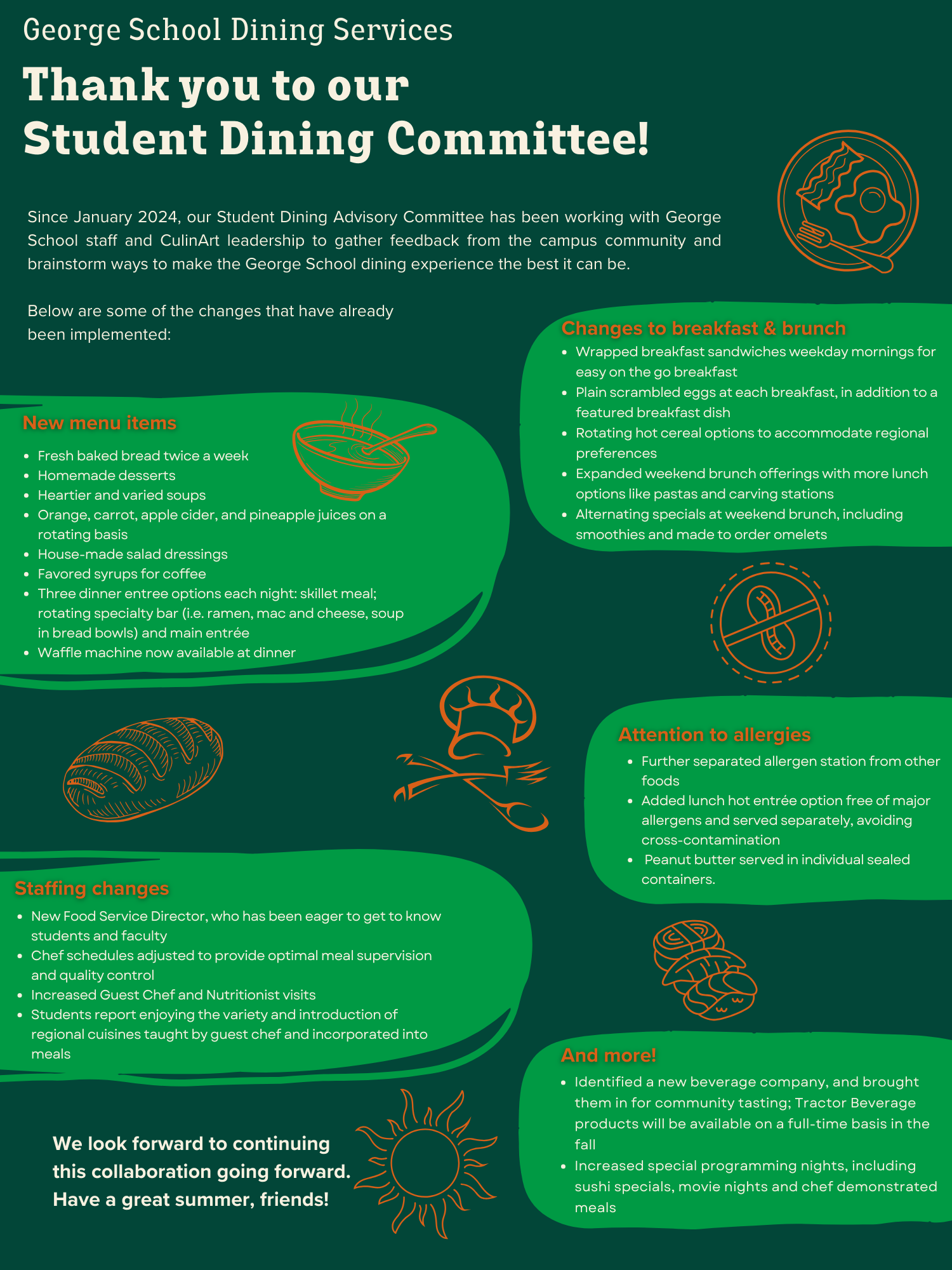


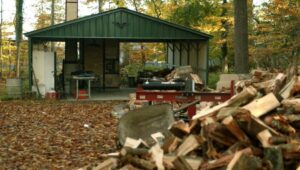

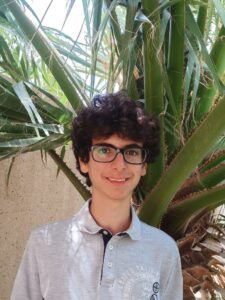 Monastir, Tunisia, and Amman, Jordan
Monastir, Tunisia, and Amman, Jordan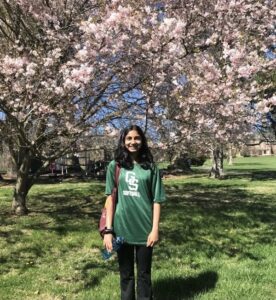 Irvine, CA
Irvine, CA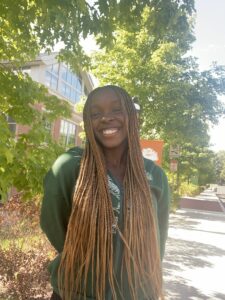 Feasterville-Trevose, PA
Feasterville-Trevose, PA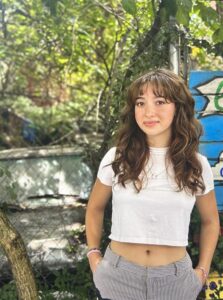 New Hope, PA (Previously NYC)
New Hope, PA (Previously NYC)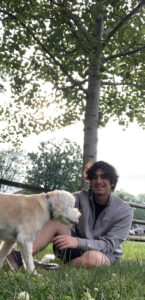 Richboro, PA
Richboro, PA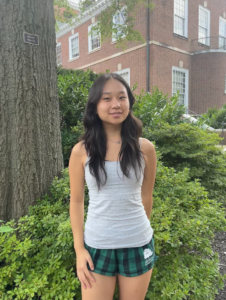 Englewood, NJ
Englewood, NJ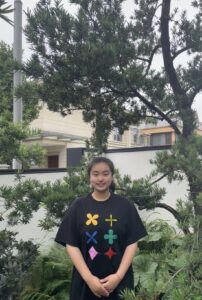 Ningbo, Zhejiang, China
Ningbo, Zhejiang, China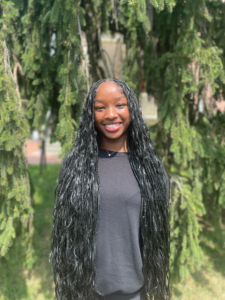 Willingboro, NJ
Willingboro, NJ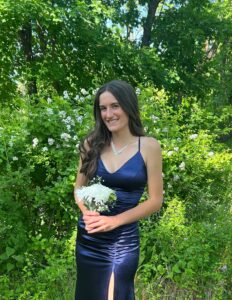 Yardley, PA
Yardley, PA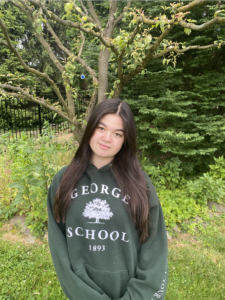 Newtown, PA
Newtown, PA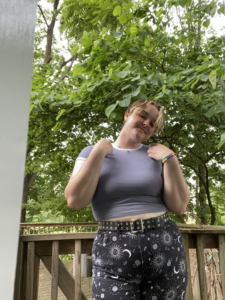 Holicong, PA
Holicong, PA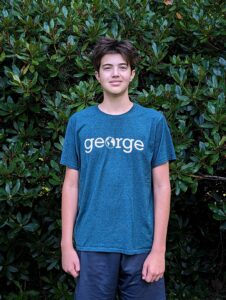 Newtown, PA
Newtown, PA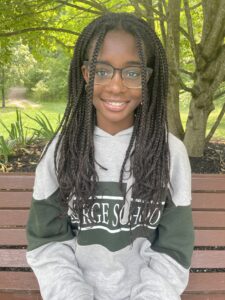 Hamilton, NJ
Hamilton, NJ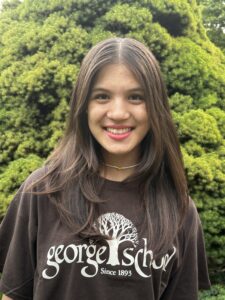 Yardley, PA
Yardley, PA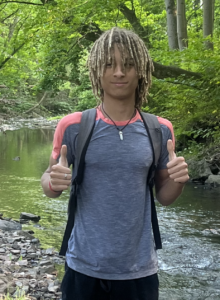 Lambertville, NJ
Lambertville, NJ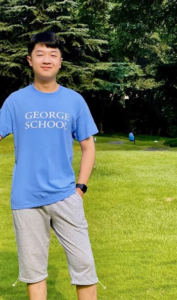 Chongqing, China
Chongqing, China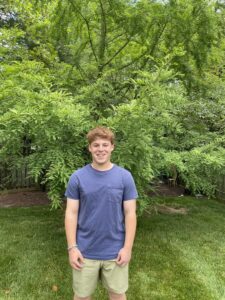 Pennington, NJ
Pennington, NJ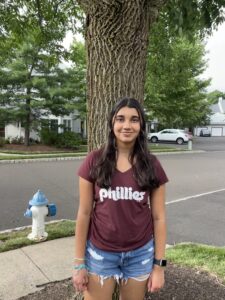 Yardley, PA
Yardley, PA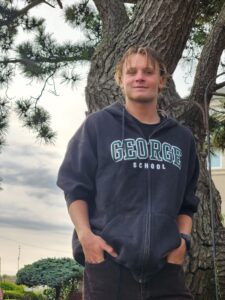 Bensalem, PA
Bensalem, PA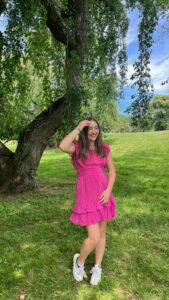 Borgota, Colombia
Borgota, Colombia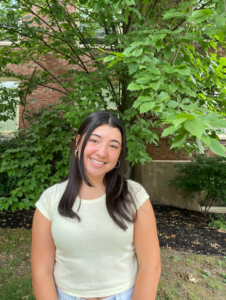 Newtown, PA
Newtown, PA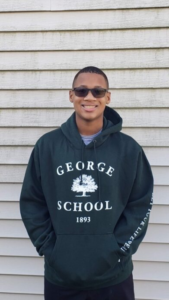 Burlington, NJ
Burlington, NJ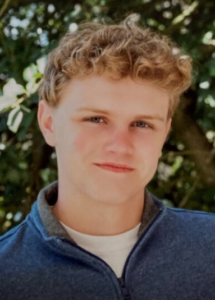 Langhorne, PA
Langhorne, PA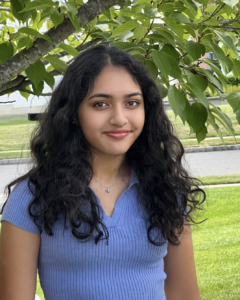 Princeton, NJ
Princeton, NJ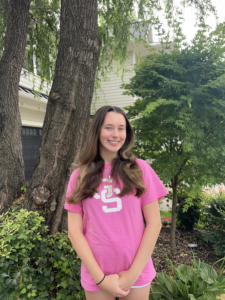 Langhorne, PA
Langhorne, PA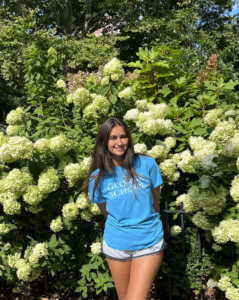 New York City, NY
New York City, NY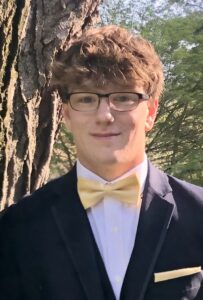 New Hope, PA
New Hope, PA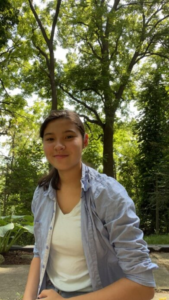 St. Catharines, Ontario, Canada
St. Catharines, Ontario, Canada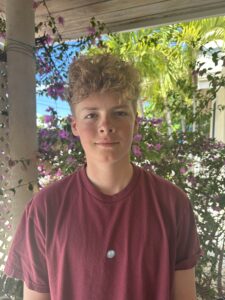 Providenciales, Turks and Caicos Islands
Providenciales, Turks and Caicos Islands Willingboro, NJ
Willingboro, NJ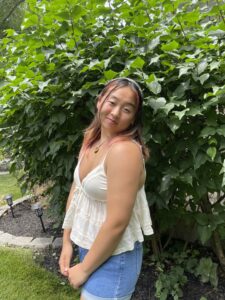 Princeton, NJ
Princeton, NJ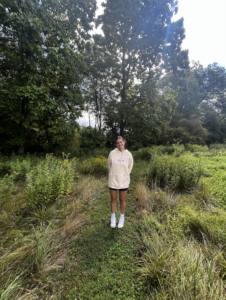
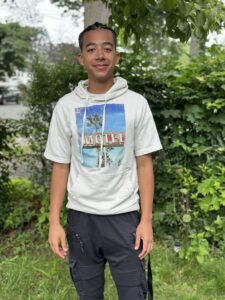 Newark, NJ
Newark, NJ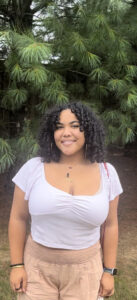 Trenton, NJ
Trenton, NJ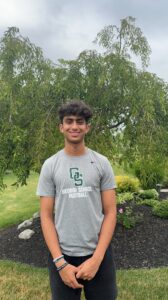 Newtown, PA
Newtown, PA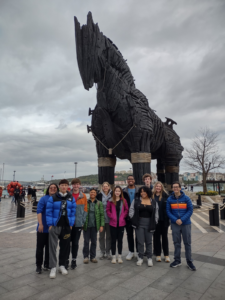
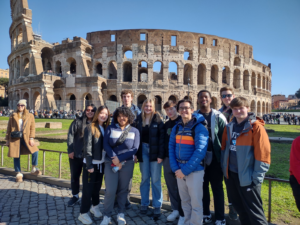
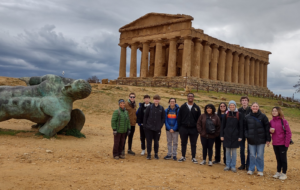
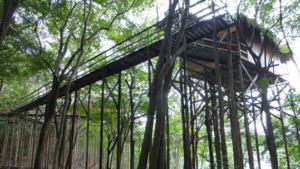
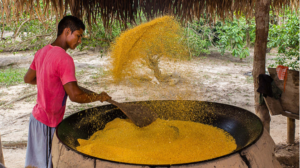


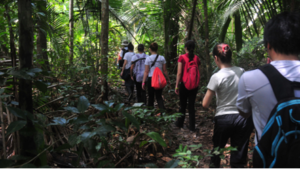
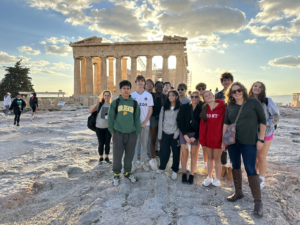
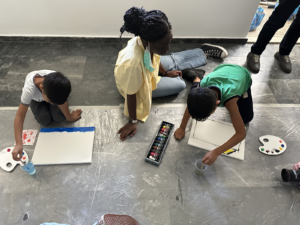
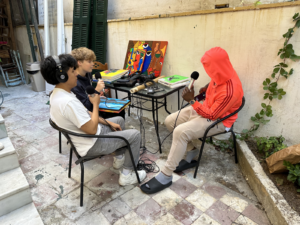
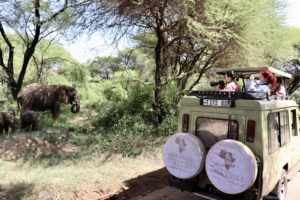
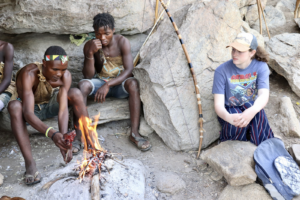
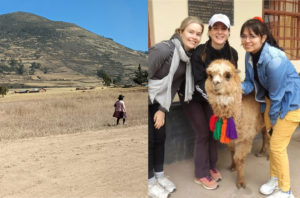
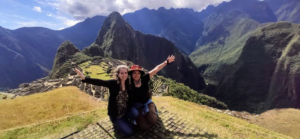
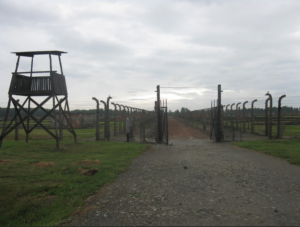
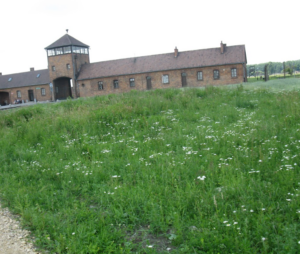
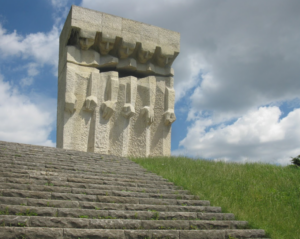
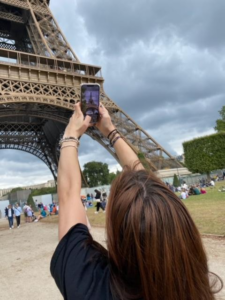
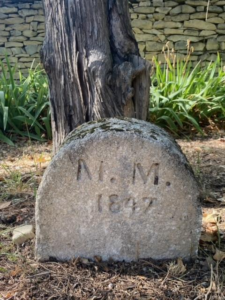
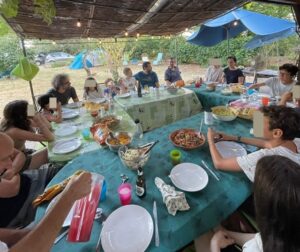
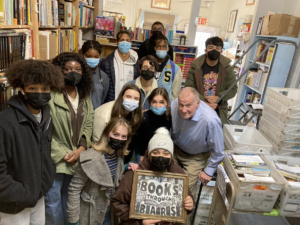
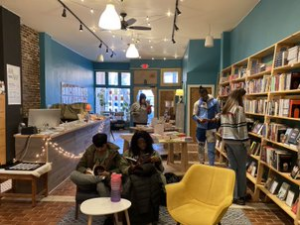
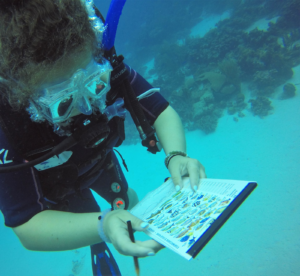
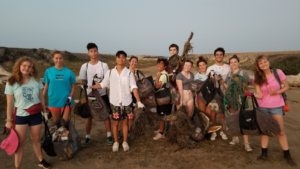
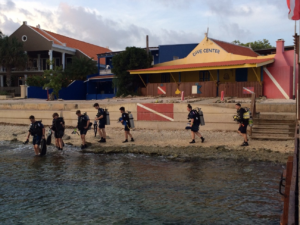
 Lawrence, NJ
Lawrence, NJ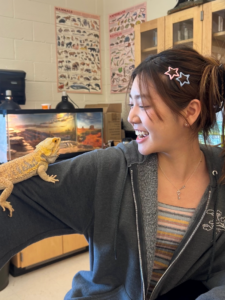 Seoul, South Korea
Seoul, South Korea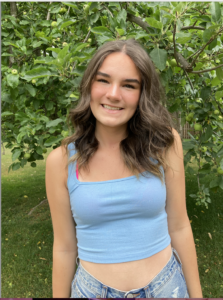
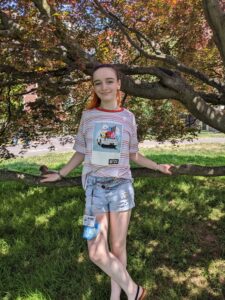 Milwaukee, Wisconsin
Milwaukee, Wisconsin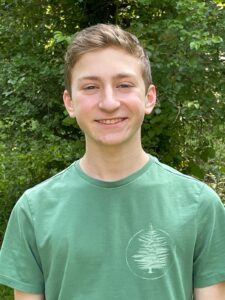 Pennington, NJ
Pennington, NJ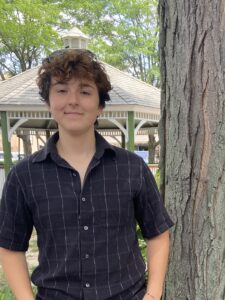 Jenkintown, PA
Jenkintown, PA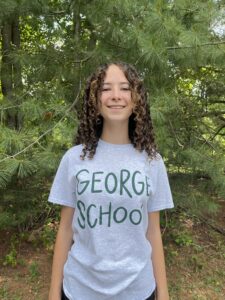 Ottsville, PA
Ottsville, PA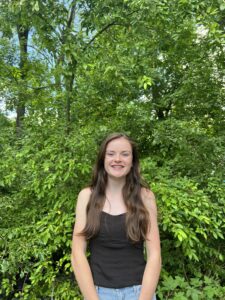 Yardley, PA
Yardley, PA Providenciales, Turks and Caicos Islands
Providenciales, Turks and Caicos Islands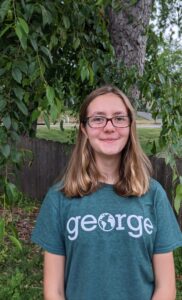 Hopewell, NJ
Hopewell, NJ
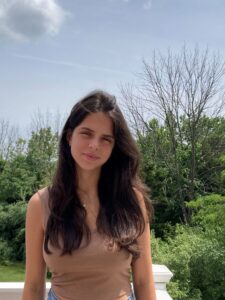 Pottstown, PA
Pottstown, PA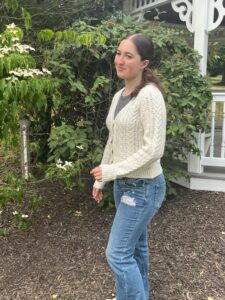 Playa del Carmen, Quintana Roo, México
Playa del Carmen, Quintana Roo, México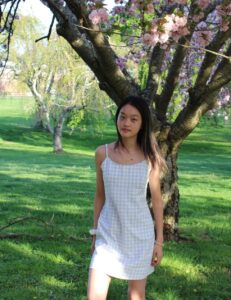 Shanghai, China
Shanghai, China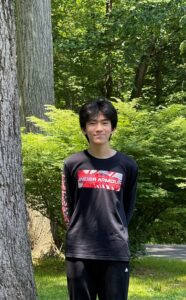 Beijing, China
Beijing, China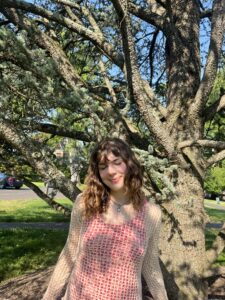 Yardley, PA
Yardley, PA Beijing, China
Beijing, China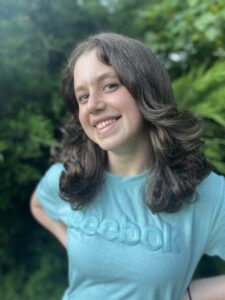 Holland, PA
Holland, PA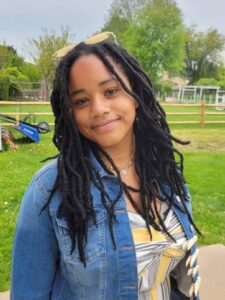 Langhorne, PA
Langhorne, PA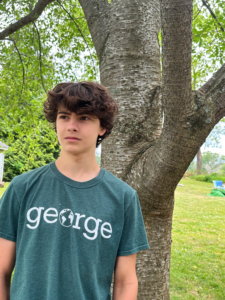 Ringoes, NJ
Ringoes, NJ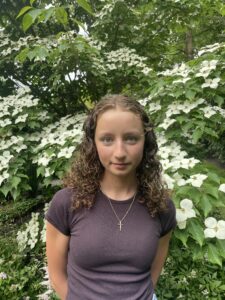 New Hope, PA
New Hope, PA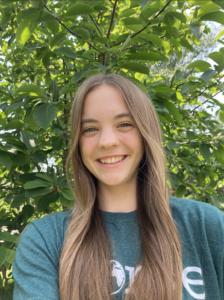 Dreshner, PA
Dreshner, PA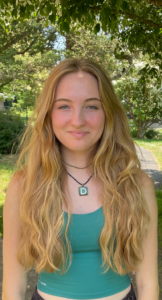 Yardley, PA
Yardley, PA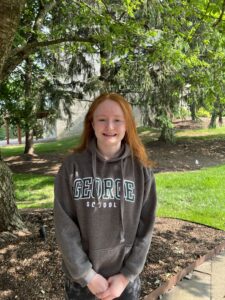 Yardley, PA
Yardley, PA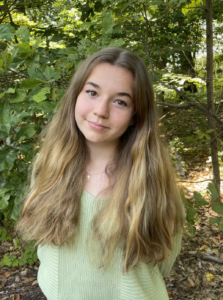 PA
PA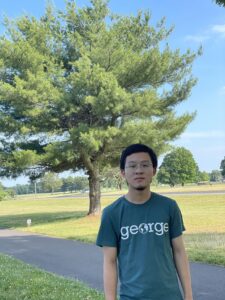

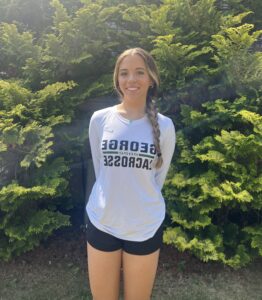
 Xi’an, China
Xi’an, China